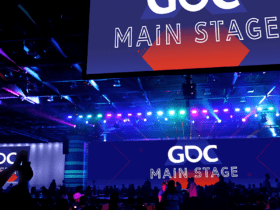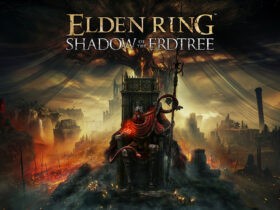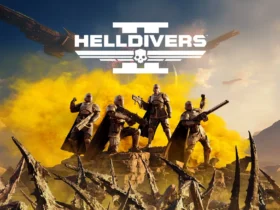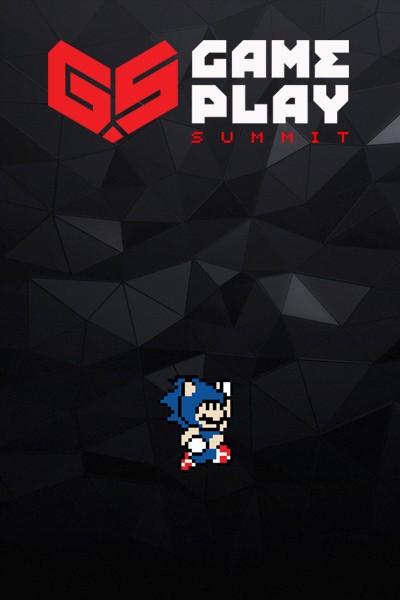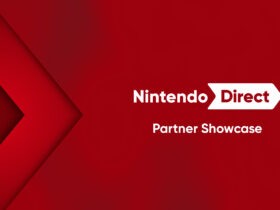A friend asked me what’s the advice I regularly offer to indie dev’s or aspiring young developers when they ask me. Obviously, the advice would vary radically depending on the developer and their situation, but I recommended a few broad suggestions.
Firstly, ask an indie dev “What do you really want?”
For anyone whose ambitions extend beyond being a game dev hobbyist, finishing a game is necessary – but that’s not a strategy for success, it’s a milestone along the road.
-
-
- Do you want to be a famous indie developer?
- Do you just want to make a ton of money?
- Do you want to make just enough to be financial stable and carry on developing?
- Do you want to build a sustainable business?
- Do you want your company to be acquisitioned in five years?
- Do you really want a company at all?
-
There’s no one right answer, but you do have to have answers and understand that your methods must line up with those answers.
You’re not going to be a famous indie developer if you refuse to participate in social media. If you just want to make tons of money but don’t want to learn about user acquisition, you’re likely in trouble. If you have no desire to do any business development yourself then self-publishing isn’t going to work.
It appears many devs think they’ll be the ones to get away with cheating the system. And yes there have been exceptions, but for every exception, there have been thousands of failures.
Secondly, ask about the indie’s business development situation
Most small developers focus solely on making the game. That’s a perfectly logical thing to do, because if there’s no game there’s no point in anything else. What a lot of indie devs seem to miss though is that the work doesn’t end when the game is ‘done’.
Business development plays a critical role. The role is just different from the role of art or code – so most devs consider it separate, optional or outright unnecessary. If you’re making a hobby project, that would be correct. If you want to make any money, then business development, marketing and public relations are all mandatory.
Understandably these skills are not in the wheelhouse of most programmers or artists – and if someone in the team isn’t seriously committed to this work, you’ll need to find someone who is. Which I admit is far easier said than done, but platform relations, press coverage, event shows and sales do not happen magically.
The perception that ‘if you build it, they will come’ was never really true, and is especially untrue in the over saturated market today. Active promotion throughout the game’s development and beyond is your best shot at breaking through the noise.
Lastly, unpopular though this can be, I recommend seriously considering a publisher
More games are being released every month than ever before. There’s a huge amount of competition, and even if you seriously commit to self-publishing it may take years and several attempts to break through.
Many indie devs fear that publishers will steal from them and do whatever they want with their game. This comes from a time when a few publishers had a monopoly on the boxed games in store – you had to choose one of them, so they got to set all the terms. This isn’t true anymore.
No publisher gets to walk in your door and declare themselves your publisher. You shop around and negotiate a deal. You read your contract, with a lawyer, so you understand what’s in it and what might be missing. Contact other developers who have used this publisher and ask about results.
Getting a good publisher may not be easy, but will be more practical than self-publishing if you don’t really want to deal with the business side of things.
That’s not to mention the possibility of co-publishing with another developer or selling the exclusive rights to a store. There are a lot of different ways to success depending on what you want – you just have to know what you want and how you’re going to get there.

